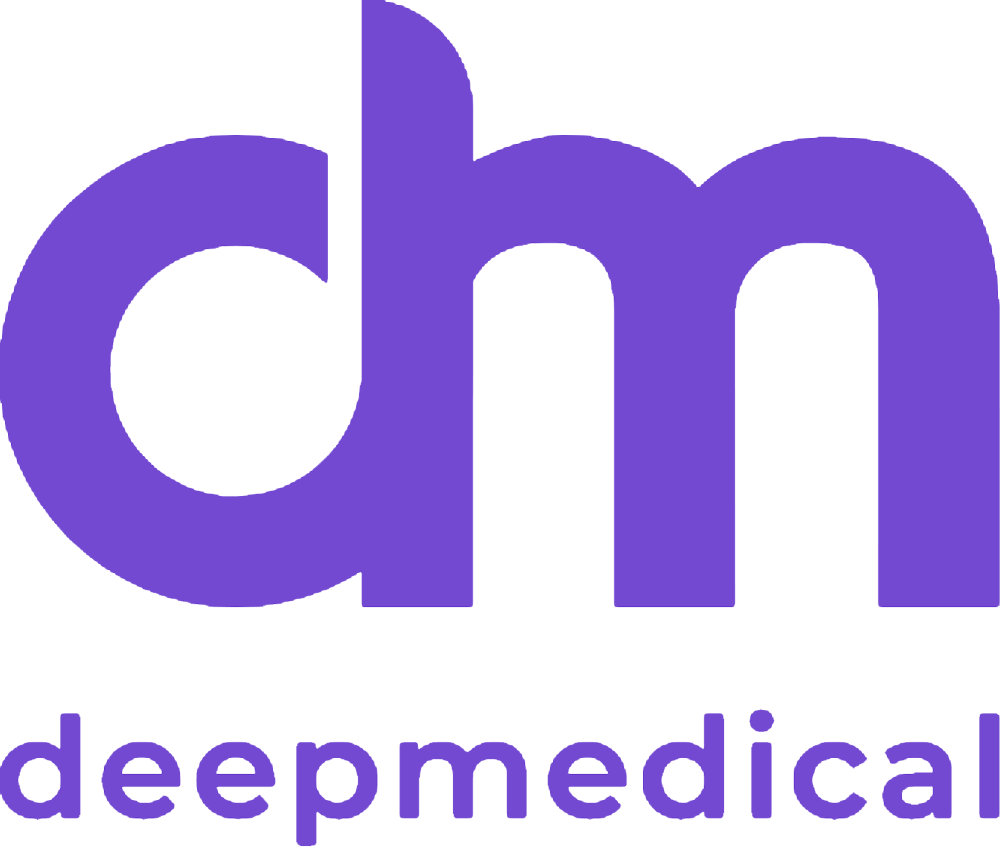The annual HIMSS global conference and exhibition opened Tuesday morning with a sure-footed keynote session about the role of artificial intelligence and machine learning in shaping healthcare’s future.
Hackensack Meridian Health CEO Robert Garrett’s optimistic approach to AI highlights the rapid changes the industry has seen since last year’s exploratory panel discussion. HIMSS24 unveiled more AI-powered solutions and partnerships for healthcare, with recent announcements from Google Cloud, Amazon Web Services and Cisco’s Webex.
“We can’t hold back this innovation. We know it’s here to stay,” Garrett said.
Ahead of the weeklong conference, HealthTech took to social media to ask how healthcare organizations are currently leveraging generative AI. Of 347 respondents, about 21 percent said they used it for patient communication (the top answer, at about 29 percent, was for “other”).
HIMSS President and CEO Harold F. (Hal) Wolf III began the keynote session by reminding attendees of this year’s theme, “Creating Tomorrow’s Health,” and noting that the industry is not for those adverse to change.
Wolf said he expects healthcare IT’s main focus in 2024 will be to quicken the pace of digital health adoption and the development of new tools to move operation and patient considerations forward as fast as possible.
Because healthcare continues to face myriad challenges — including an aging patient population that will require more caregivers, staffing shortages and low funding levels — “business as usual just isn’t possible,” he said.
That’s why HIMSS is particularly interested in helping healthcare organizations foster sustainability — in practice, in delivery systems and in dealing with the environment. Sustainability is one of the focus areas in HIMSS’ newly modernized Infrastructure Adoption Model.
Wolf also highlighted the importance of breaking down AI solutions into more relevant categories, such as small devices and operational apps, so that organizations gain a better understanding of the tools.
‘We Must Build the Health System of the Future’
Garrett continued the AI discussion once he took the stage. “Harnessing AI will be one of the defining tasks, I believe, of the 21st century,” he said.
Garrett, who was named chair of the World Economic Forum’s Health and Healthcare Governor’s Community last year, shared his learnings from a Davos meeting on the four global healthcare priorities for the governance of AI: improving care access; improving outcomes and providing better value; health equity; and climate change’s impact on health.
With some 40 years of experience in the industry, Garrett said he remains an optimist and believes AI has the potential to change the scale and pace of healthcare innovation.
“We need radical transformation. We must build the health system of the future,” he said, especially amid the current challenges of staffing shortages and burnout.
AI should be used to eliminate mundane tasks so that clinical teams can work at the top of their license. Garrett highlighted a number of AI capabilities in production as pilot programs at Hackensack Meridian Health, including chatbots, radiology workflows, optimization of operating room scheduling, and education for medical students.
Governmental regulations are unlikely to keep pace with AI developments, he added, so the healthcare industry needs to lead the charge and create public-private groups to implement safeguards.
And with health equity as part of the Quintuple Aim, healthcare organizations can take the necessary steps to close care gaps. “With AI, we can take another quantum leap forward,” he said.
Even with all of these technological advancements, humans need to remain at the center, which is why patient privacy and reducing the potential for bias are crucial. “Humans are the heart of healthcare. Technology cannot replace the human touch,” Garrett said.
HIMSS President and CEO Harold F. (Hal) Wolf III, left, speaks during a panel discussion with Hackensack Meridian Health CEO Robert Garrett and Matt Renner, president of North America and global startups at Google Cloud, on Tuesday, March 12, 2024 in Orlando, Fla. (Photo courtesy of HIMSS)
To close out the session, Wolf and Garrett were joined by Matt Renner, president of North America and global startups at Google Cloud, for a panel discussion on AI governance and data quality.
“This is a marathon, not a sprint,” Renner said about the development of AI over the next two years. Models will become smarter and will be more relevant to pertinent business cases, he said, adding that the marriage between devices and AI will expand clinicians’ ability to see more patients. Today, AI is used in an assistive capacity, but its capabilities will grow to more high-level clinical decision support.
Garrett stressed the importance of tying AI solutions to a healthcare organization’s strategic mission. Partnerships are also key: Health systems need great partners to help design platforms so use cases can be proposed, developed and rolled out in a safe and responsible manner. He also stressed the need to prepare the workforce for AI by starting with the leadership team.
Ultimately, creating a culture that understands AI’s potential and promotes innovation with a centralized governance structure is a winning formula, Garrett said.
He believes the next two years will see more AI pilots and the development of more industrywide standards: “Fasten your seatbelts everybody — this next year is going to be amazing.”










